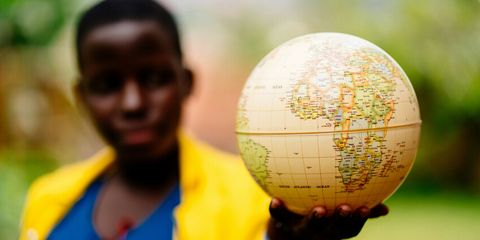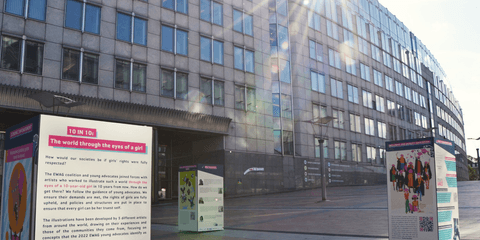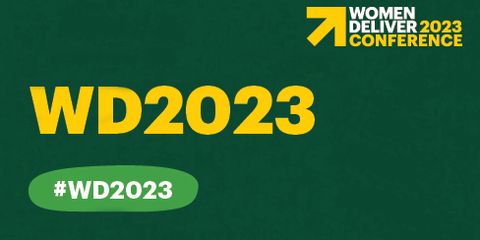Hear it from the girls – Continuing our mission for girls’ equality despite of Covid-19 in the Asia-Pacific region
1 September 2020<strong><strong>The COVID-19 pandemic is unravelling decades of progress on girls' equality. To stop the setback, Plan International is working hard in different regions of the world to ensure girls, young women, children and marginalised groups are protected and supported as the COVID-19 crisis unfolds. With the EU being among the main donors in humanitarian aid, we wanted to understand from our colleagues how the pandemic is unfolding in their regions and what they believe could be done for girls and young women in their region. ‘When the COVID-19 pandemic arrived to the region back in January 2020, Plan International Asia-Pacific has been on the ground to respond to the situation. Our priority has been to identify and analyse the impact of the pandemic on the local population and, in particular, on the lives of girls and women’ say Vanda Lengkong, Head of Disaster Risk Management, and Krista Zimmerman, Regional Head of Influencing and Policy. Moreover, they add ‘the crisis has challenged us to adapt quickly and to deliver our work despite the changing context and limitations. So far, we have been able to reach more than 18 million people in the whole Asia-Pacific region, 50% of those recipients being women and girls. An important aspect of our response is that it aims to be gender-transformative even in this challenging situation’.</strong></strong>
As a result of the support received from, among others the EU, the Plan International Asia-Pacific offices has been able to play a significant role when it comes to the prevention and mitigation of the COVID-19 pandemic and its impact. It allowed them to address the needs of girls, young women and their family preventing sexual and gender-based violence (SGBV), protecting children and providing psycho-social assistant to entire communities.
We wanted to know from our colleagues in the Asia-Pacific Office what matters most according to them in their region when it comes to overcoming COVID-19 and possible setbacks for girls’ equality. In the upcoming weeks, we will be talking to many more Plan International colleagues, to get a sense of their priorities and their ways of coping with the impacts of the COVID-19 pandemic.
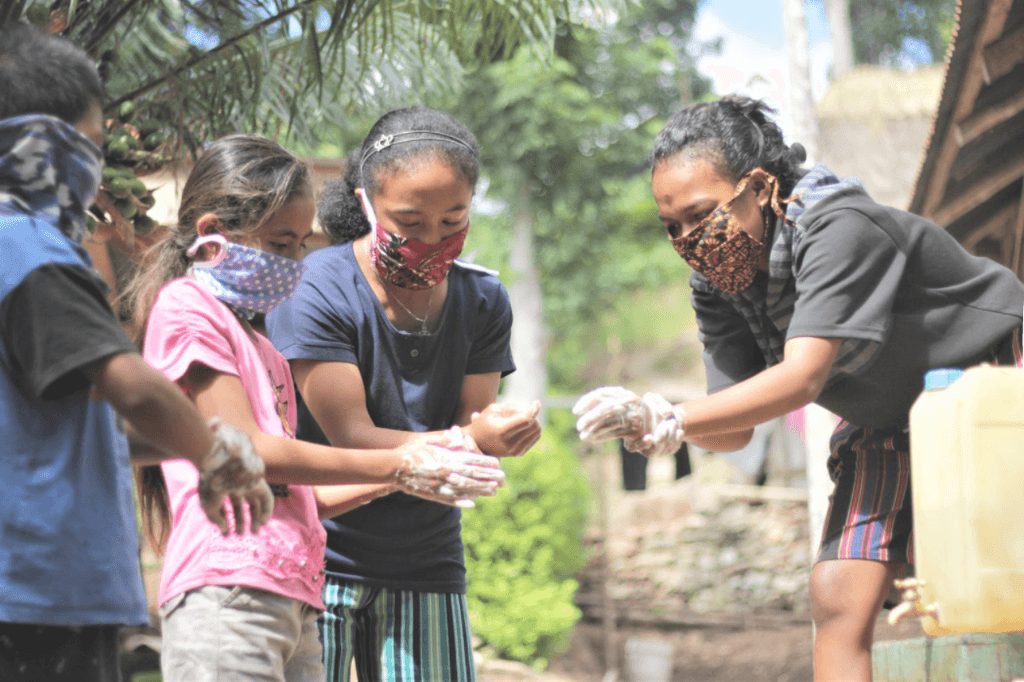
WHAT ARE THE MAIN PRIORITIES IN THE ASIA-PACIFIC REGION THIS YEAR, AND WHICH ISSUES REQUIRE MORE CLOSE ATTENTION DUE TO THE COVID-19 PANDEMIC?
Our mission to improve the lives of children in the region remains unchanged. We are working to promote free and equal access to quality education and health for all children and economic security for all youth. Together with local youth-led movements and communities we aim to protect children’s rights and ensure they can lead a safe life free from harm and violence. Especially when it comes to girls and young women, we are trying to make sure they receive the support they need to have access to health, are aware of their reproductive rights and know they are the ones who hold the control over their bodies.
When the COVID-19 pandemic arrived to the region back in January 2020, Plan International Asia-Pacific has been on the ground to respond to the situation. Our priority has been to identify and analyse the impact of the pandemic on the local population and, in particular, on the lives of girls and women. Through a rapid needs assessment and gender analysis (see also our “Hear it from the Girls” report) we found out that the pandemic has been a huge challenge for girls and women. They were unable to access family planning and faced unintended pregnancies and gender-based violence. In addition, the lockdown affected their access to education, and to sexual reproductive health, including menstrual hygiene management. Moreover, with the shrinking labour market, many young women remained unemployed and many young entrepreneurs have had trouble finding resources and financing.
By talking to girls and young women, we were able to better understand their concerns and priorities. The “Hear it from the Girls” report has been shared widely to make sure the actual needs of girls and young women could be heard and addressed. In collaboration with Save the Children Asia, we published ‘Because We Matter: Addressing COVID-19 and Violence against Girls in Asia-Pacific‘ brief. What we have seen is that the outbreak of COVID-19 comes with a “shadow pandemic”, one that coincides with COVID-19, one that exacerbated domestic violence against girls and women. This brief gather evidence and raises concern with regards to the grave risks the COVID-19 outbreak poses to the lives and futures of girls and young women in the region. As a result, we will continue to focus our work on the protection of girls and young women in order to overcome the crisis COVID-19 has brought about for many across the region.
IN WHAT SENSE HAS COVID-19 IMPACTED YOUR WORK?
The COVID-19 outbreak has challenges us in many ways and EU funding has definitely played a significant role in allowing us to meet our priorities. We have started with the implementation of projects funded by both ECHO and DEVCO this year, which has really allowed us to address the most pressing issues in the region. For example, our colleagues in Indonesia is working together with local partners to uphold people’s right to assistance and to ensure human dignity and safety for all. The project aims to improve affected people’s access to assistance based on their needs and without discrimination in future disasters. In parallel it seeks to enhance the capacity and humanitarian expertise of staff members working in the Ministry of Social Affairs. A particular focus will be given to protection-related concerns including sexual and gender-based violence, child protection, and psycho-social support. In Laos we are working with partners to support prevention and mitigation of COVID-19 and its impact through civil society action. With the support of DG DEVCO, we are able to address the needs of girls, young women and their family, not only with regards to prevention and mitigation of COVID-19 but also in strengthening the preparedness of the community and to allow Plan International to address even the most obscured or “invisible” type of child protection concerns.
What we have noticed since the outbreak, that we are relying more and more on online interactions to be able to do our work. Before, we could very easily access the communities with whom we work, we would be able to meet face-to-face. Additionally, we would have regular meetings with the children, youth, young adults, their communities and government and partner organisations. It has taken us quite some time to adapt to the “new normal” and we have noticed how important access to technology and data is. With our activities taking place both in urban and rural settings, we have witnessed the inequal access to internet and technology.
Albeit, sometimes hard and definitely challenging, the different Plan International offices in the region always persevere. In Nepal and Indonesia we have used radio shows to deliver school courses. In the Philippines, Cambodia and Timor-Leste loud speakers were used to raise awareness on COVID within the communities. We teamed up with youth reporters and young journalists to talk about the risks of COVID in the Philippines and Nepal and with youth ambassador in Myanmar and India. Community-based handwashing facilities we built in Indonesia, Cambodia, Philippines, Bangladesh, Vietnam and India. Striking was the pivotal role social media actually played in all of this, the majority of our community awareness activities have been rolled out on Youtube, Facebook and Twitter. We have organised many live events and webinars to reach as many girls and young women as possible.
Despite all the challenges and barriers we have encountered in the past few months we have been able to adapt quickly, and draw learnings as to continue our mission effectively (see also our Situation Report).
LOOKING BACK AT THE PAST FEW MONTHS, WHAT HAVE BEEN SOME OF YOUR MAIN SUCCESS IN ASIA AND THE PACIFIC?
The COVID-19 crisis has challenged us to adapt quickly and to deliver our work despite the changing context and limitations, which we have fortunately been able to do very well. Our COVID-19 response has so far already reached more than 18 million people in the whole Asia-Pacific region, 50% of those recipients being women and girls.
An important aspect of our response is that it aims to be gender-transformative even in this challenging situation. We have performed rapid needs assessments and rapid gender assessments and aligned our emergency response plan with Plan International’s COVID-19 Gender Equality Global Adaptation and Response Framework. We also included gender and age markers and we put a strong focus on community engagement and accountability, all of which has gone very well in these tough circumstances.
A concrete example of this comes for instance from a project implemented in Myanmar in collaboration with UNICEF. In this virtual, youth-led project, we raise awareness of protection and GBV issues during the pandemic, thus empowering youth to speak out and to be involved in such a campaign themselves.
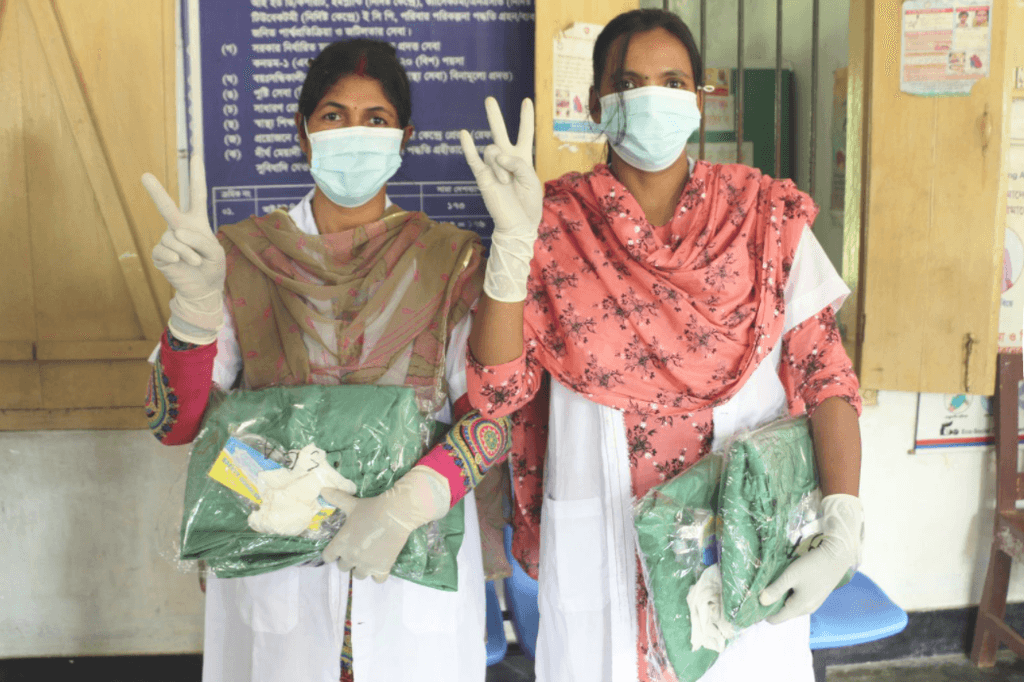
Categories: Campaigns, Protection from violence, Youth empowerment
